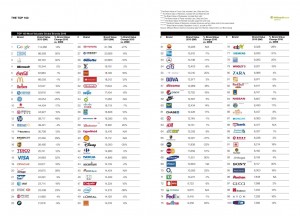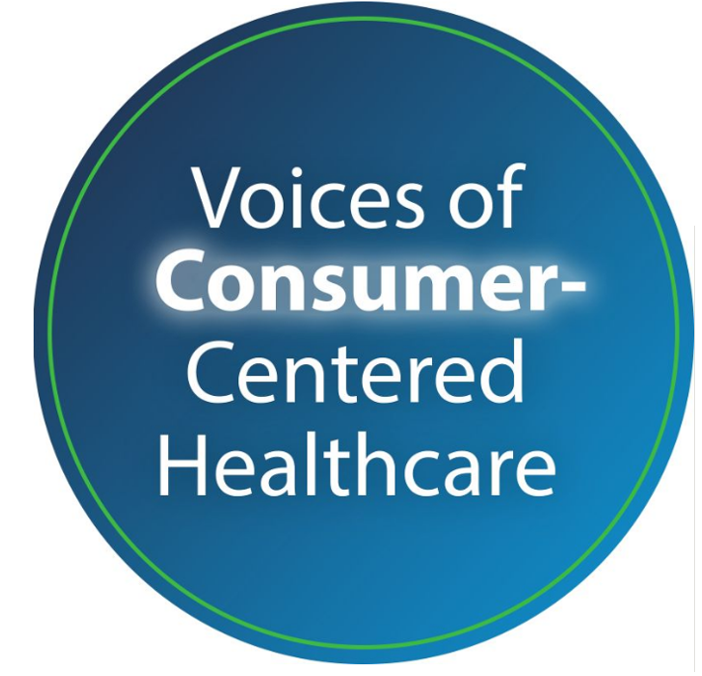Even when we’re feeling broke in the recession, there’s one category of spending that’s been buoyant since the decline of the economy in December 2008: consumer technology, and particularly spending on mobile phones. So it follows that among the most beloved global consumer brands, technology plays a starring role. Among the top 100 brands identified by Millward Brown in their Brand Z study, the Top 100 Most Valuable Global Brands.
The top 4 positions belong to Google, IBM, Apple and Microsoft. Some examples highlight the beloved nature of consumer technology. BlackBerry, not included in the Top 100 a mere 5 years ago, is now ranked #14 with a brand value of nearly $31 billion. No surprise, either, that Apple ranks as #3 most beloved global brand, with a value of $83 billion, and up from its #29 position five years ago.
Coca-Cola holds the #4 position, followed by McDonalds, Marlboro, China Mobile, GE, and Vodafone. Interestingly, there’s not much of a health care brand to be found on the list of 100 except, arguably in the broadly-defined health & beauty category, Pampers, L’Oreal, and Avon.
Among the 100 fave brands, at least 25% of them fall into the technology sector, and half of these are mostly ‘front-loaded’ in the top 25. Banks, food, retail, and entertainment represent the bulk of the remaining favorite brands.
Health Populi’s Hot Points: Consumers the world over highly value the technologies they pay for out-of-pocket. Mobility is the new normal, according to data from various analysts who study mobile markets.
On the other hand, when a health citizen has to pay for health out-of-pocket, it’s a painful spending moment.
Furthermore, no obvious health brands come out in the top 100 most beloved consumer brands. In fact, a few of the world’s most beloved brands aren’t especially health-ful: with Coca-Cola, McDonalds, and Marlboro in the top 10, there’s clearly some nudging to do toward building health brands.
As people choose to engage in health, the beloved technologies for which they pay dearly can morph into personal health hubs. People are already using phones to access the mobile web; health becomes one more channel in this personal workflow, morphing into games and retail and finance where it can be so designed.
At last week’s Mobile Health 2010 meeting at Stanford, smart people met to share best practices and research findings on how to use technologies to nudge health behaviors for the better. Fave technology brands like T-Mobile and Intel talked about the promise of technology for nurturing participatory health. Our Technology, Ourselves, is a new mantra for people who want to engage in health.]]>





 Thank you, Jared Johnson, for including me on the list of the
Thank you, Jared Johnson, for including me on the list of the  I am so grateful to Tom Lawry for asking me to pen the foreword for his book, Health Care Nation,
I am so grateful to Tom Lawry for asking me to pen the foreword for his book, Health Care Nation,  Thanks to Feedspot for naming this blog, Health Populi, as a
Thanks to Feedspot for naming this blog, Health Populi, as a